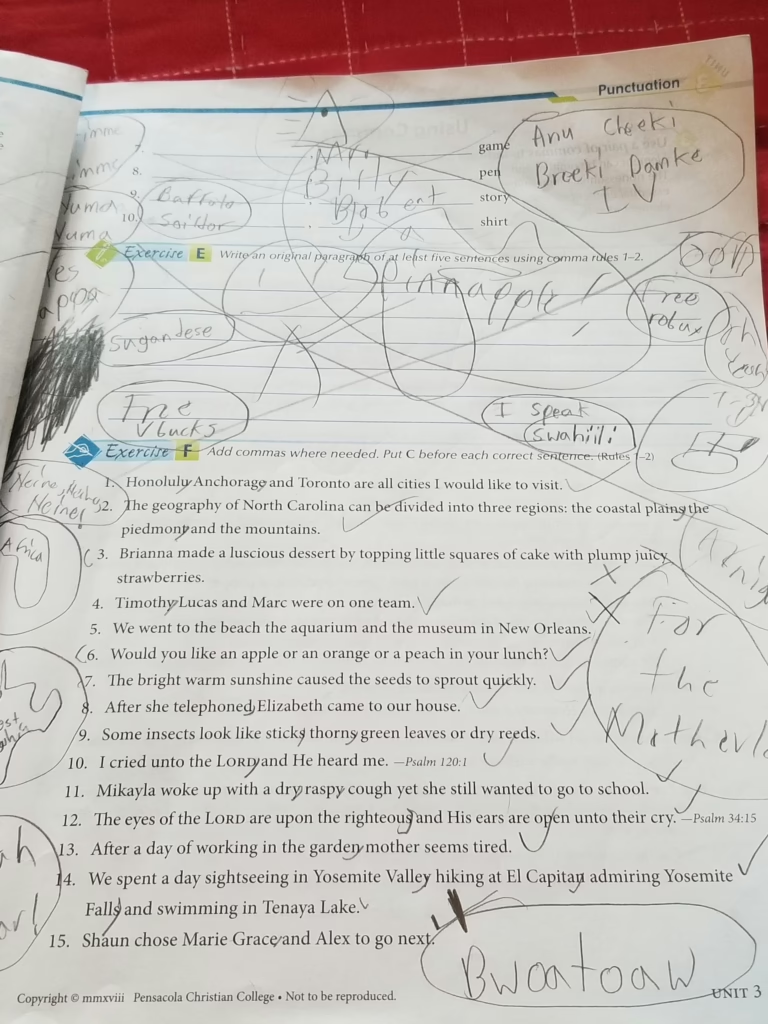The Government of Anambra State has officially prohibited students from inscribing homework and assignments directly within their textbooks. This directive, issued by the Commissioner for Education, Ngozi Chuma-Udeh, highlights that such a practice is not only economically inefficient but also undermines sustainable educational methods. The policy aims to reduce unnecessary expenses for families and promote more effective learning habits.
This initiative reflects a growing trend in educational reforms across Nigeria, where authorities are encouraging the use of separate notebooks or digital platforms for assignments to preserve textbooks and enhance students’ organizational skills. By discouraging writing inside textbooks, the state hopes to extend the lifespan of educational materials and foster a more environmentally conscious approach to learning.
Recent studies indicate that students who maintain dedicated notebooks for their work tend to perform better academically, as this method supports clearer note-taking and revision. Anambra’s new regulation aligns with these findings, emphasizing the importance of sustainable and cost-effective educational practices.
The move has sparked discussions among educators and parents, with many applauding the government’s effort to alleviate financial pressures on families while promoting responsible use of learning resources. As digital learning tools become more accessible, this policy may also encourage the integration of technology in homework submission and review processes.
For more updates on educational policies and reforms in Nigeria, stay tuned to The Guardian Nigeria News – Nigeria and World News.


















0 Comments